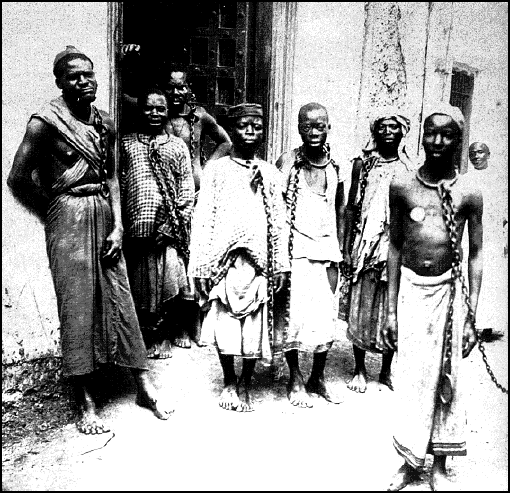
The Long Song
Andrea Levy
(Farrar, Straus and Giroux)

I've been trying to review this son-of-a-bitch for three weeks now. I wrote a long piece, spent a while cutting it down, and still found it stupid. I threw out the baby and the bathwater.The problem I suspect is not the book but me. The Long Song is a rich and funny tale of July growing up in Jamaica during the time of the uprising in the 1830s.
July is unfortunate in being young and beautiful and a slave ... thus subject to the advances of white men, including Robert Goodwin, the overseer of the sugar plantation "Amity." He woos her, seduces her in the basement of the mansion, gets her with child, then dumps her for the plantation owner, Caroline Mortimer.
July is the star of The Long Song (and she is a star) ... but I believe my inability to convert this outlandishly funny book into an appropriate paean has something to do with the fine line that plagues any of us who grew up in the Americas fifty years ago. It has to do with race, and the vocabulary of race. This is part of a dialogue between Robert Goodwin and July:
"Your father was a Scotch man?"
"Oh yes, he be from Scotch Land."
"Your father was a white man?"
"Oh yes. Me be a mulatto, not a negro."
"A mulatto?"
"Yes, a mulatto. You must not think me a nigger, for me is a mulatto." July then waited to witness his esteem.
July's father was an overseer at the sugarcane plantation. His name was Dewar.
"Was Tam Dewar married to your mother, Miss July?"
What sort of fool-fool question was this? Tell me, reader, did you ever, up to now, hear of an overseer upon a sugar plantation thinking to marry a slave he has befouled? A senseless liar would July be proved if she answered him, "Yes." And a "No" would surely see this man turn from her ...
Then finally, there's this with the wife of the local baptist minister about the birth of July's own son, Thomas: "Was your son born in wedlock?"
Jane Kinsman then states that this guileless, naïve and simple negro (these are her words reader, and not my own) did then reply, "No, missus, him was born in de wood --- where be wedlock?"
§ § § What we have here is a powerful (and, often, mischievous) study of blacks and black slavery, with whites lording it over the slaves; and, too, there is here a meditation on how blacks come to mirror the values imposed on them by their owners. July is no dummy, but she recites impeccably the order of acceptability according to skin color with Biblical precision: "Only with a white man," she says, "can there be guarantee that the colour of your pickney will be raised. For a mulatto who breeds with a white man will bring forth a quadroon; and the quadroon that enjoys white relations will give to this world a mustee; the mustee will beget a mustiphino; and the mustiphino ..."
Oh the mustiphino's child with a white man for a papa will find each day greets them no longer with a frown, but welcomes them with a smile, as they at last stride within this world as a cherished white person.
§ § § It's a tricky world Levy is offering so artfully. It's a world of miscegenation, whippings, and hidden passion ... littered with dialogue that, I suspect, would not have been permitted two decades ago. In one scene, Goodwin seeks to have his field hands punished for not working hard enough to suit him --- mostly, because, after they've been freed, they are no longer willing to work as slaves. The Falmouth townspeople whom he hires to terrorize the blacks think of him, as the author suggests, as "Not long out from England ... still a bit green ... his dad's a parson back home ... believes we should be nice to niggers."
Ms. Levy knows how to polish the words and knows (well) the history of Jamaica of two centuries past. It was a place of musical speech and sugar cane and heat and absurd poverty of the blacks and absurd freedom for their Church of England masters. Ms. Levy writes all this with such a delicate irony that one might, like me, be unwilling to part with the book for even a moment before getting to the end.
--- C. A. Amantea